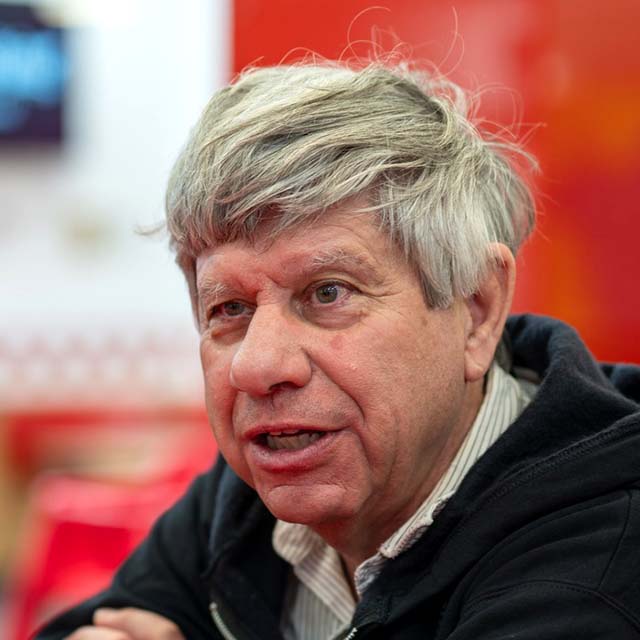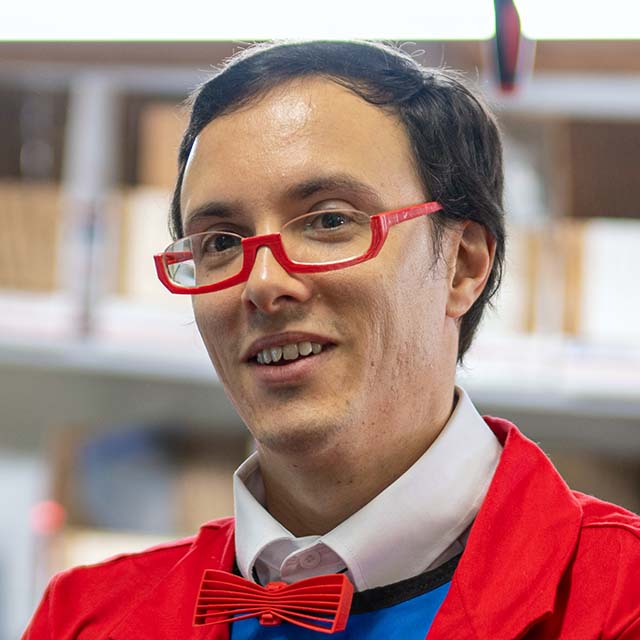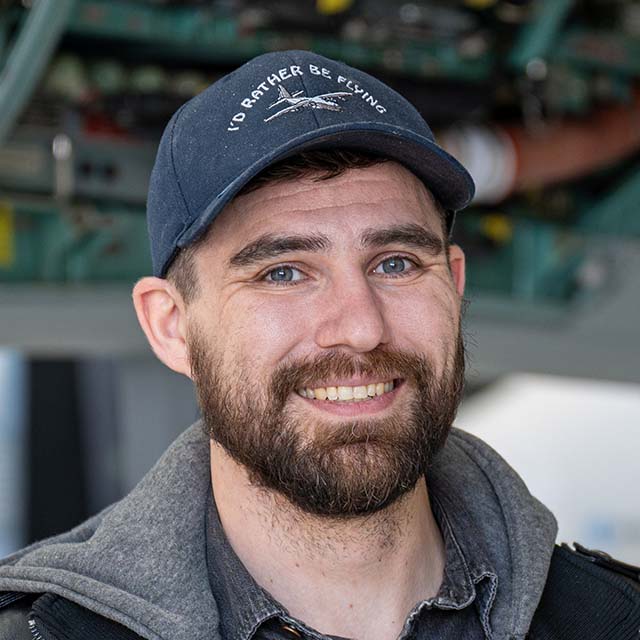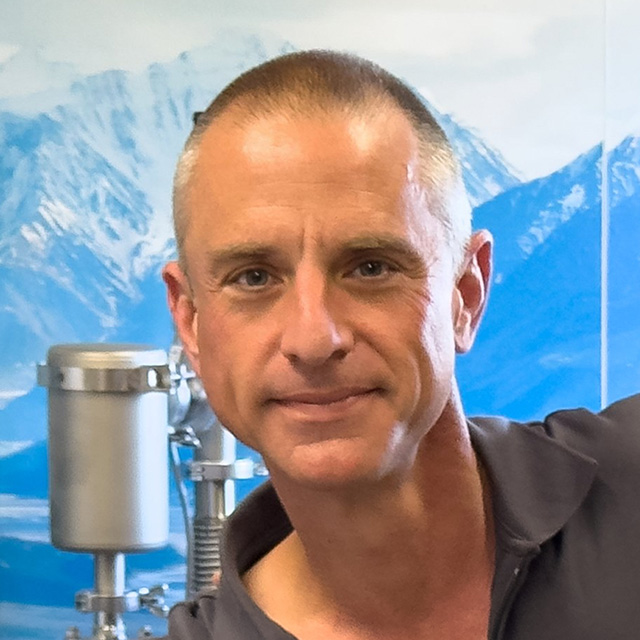Our Mission
For generations, humanity has dreamed out reaching out for the stars, exploring new worlds, and finding our place in the universe. Our ancestors have always looked up to the stars, and the discovery of exoplanets makes the potential for space exploration even more exciting.
The distances are vast, and the voyage is daunting. Rockets can take us to the moon, and perhaps even let us colonize Mars. To go further, we need new propulsion technologies based on novel physics to break free of the Earth’s gravity and achieve the speeds required for insterstellar travel.
Rockets are today, but they’re not forever. The engineers & physicists at Flux Space are developing new physics to engineer the impossible: exotic propulsion systems to lift us out of Earth’s gravity well and propel us to unimaginable speeds – all without expending mass.
Our mission is discover new science that enables us to build solutions to control gravity and travel the vast distances between stars. If humanity is to boldly go where no one has gone before, we need a way to get there. At Flux Space, we’re working diligently to turn the dreams of the 20th century into the reality of tomorrow.
“The Earth is the cradle of humanity, but mankind cannot stay in the cradle forever.”
- Konstantin Tsiolkovsky
OUR TEAM & ADVISORS
Science Advisor
Team Member
Co-Founder
Co-Founder
Strategic Advisor
The Flux Space team includes PhD physicists, former aerospace engineers, electrical engineers, and experimental specialists all working towards a common goal: creating the science & technology required for advanced space propulsion. For the time being, our company is operating in stealth mode, but as research progresses we will unveil our core projects.
Our focus areas include propellantless propulsion devices for interstellar propulsion, based on decades of experimental evidence combined with our proprietary R&D breakthroughs. This was initially popularized by Miguel Alcubierre, and our research built upon his groundbreaking speculative physics to overcome the physical limitations of his initial proposal.





